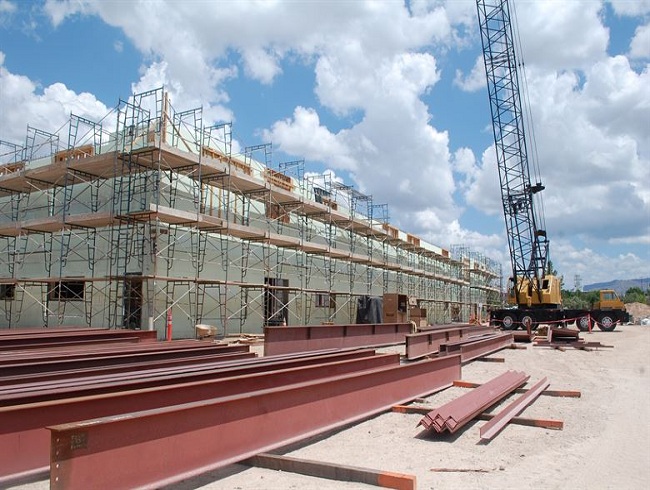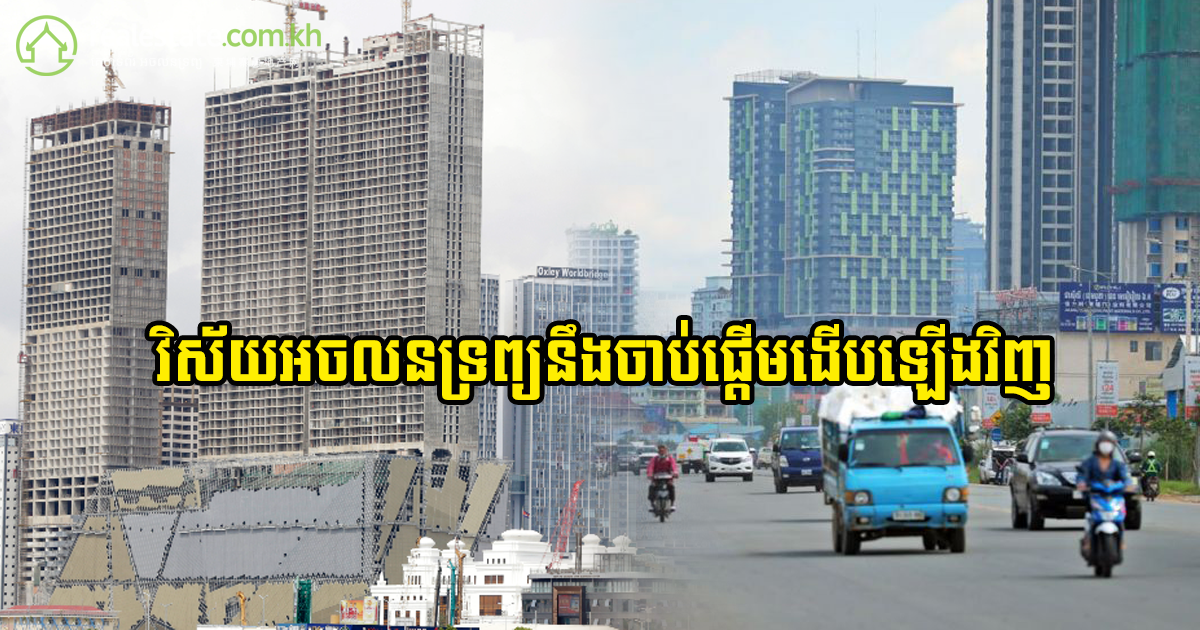
Parties who enter into a construction contract generally do not pay attention to the dispute resolution clause of their contract. However, the drafting of this clause is very important as it can significantly impact the chance of enforcement of their judgment in Cambodia.
In the last five years, there has been significant growth in the construction industry with the development of many international, complex and creative projects in Cambodia. In addition to this growth, it shall be noted that the construction industry is always considered as one of the most conflictual industry due to the complexity and length of a construction project and the number of parties involved.
Therefore, the parties generally include a dispute resolution clause in their construction contracts pursuant to which they set out the mechanism of resolution of their disputes.
They are free to choose in their contract between (i) the traditional court system and (ii) the alternative dispute resolution including local or international arbitration.
We have seen recently that many parties are reluctant to choose the Cambodian courts to resolve their disputes and that they generally prefer to submit their disputes to a foreign court or to a local or foreign arbitration.
In such a case, it is highly recommended to review first if the judicial court or arbitration court is able to review the law that governs the contract and if such dispute resolution clause is valid under such law.
Also, if the parties are free to choose a foreign court to resolve their disputes, such a choice may impact their chance to obtain a final foreign judgment that may be enforceable in Cambodia.
Indeed, in order to enforce in Cambodia a final foreign judgment, various conditions will need to be fulfilled.
Pursuant to Article 199 of the Civil Procedure Code, “a final judgment of a foreign court shall be valid only where all of the following conditions are fulfilled:
• jurisdiction is properly conferred on the foreign court by law or by treaty;
• the losing defendant received service of summons or any other order necessary to commence the action, or responded without receiving such summons or order;
• the contents of the judgment and the procedure followed in the action do not violate the public order or morals of Cambodia; and
• there is a guarantee of reciprocity between Cambodia and the foreign country in which the court is based”.
Between these four requirements, the last one relating to the guarantee of reciprocity is the most complicated to fulfil considering that Cambodia has not executed, as at today, any bilateral treaty regarding the recognition of a foreign judgment on civil matters except the Agreement on Mutual Judicial Assistance in Civil Matters entered into between the Kingdom of Cambodia and the Socialist Republic of Vietnam on 21 January 2013.
Therefore, except if the final foreign judgment is pronounced by a Vietnamese Court, the Cambodian courts shall not recognize and enforce the foreign judgment as the guarantee of reciprocity is not fulfilled.
We have not been aware of any foreign judgment that has been recognized and enforced or refused to be recognized and enforced by the Cambodian courts.
As a consequence, we recommend instead of choosing a foreign court that the parties choose a local or an international arbitration if they do not want that the Cambodian courts resolve their disputes.
Cambodia has adopted a Commercial Arbitration Law in 2006 and has established the National Commercial Arbitration Center (“NCAC”) in order to provide the parties with an alternative dispute resolution. This NCAC has reviewed various cases since its establishment.
Cambodia is also a party to the New York Convention on the Recognition and Enforcement of Foreign Arbitral Awards.
Therefore, the local or foreign arbitral awards can be enforceable in Cambodia. In this respect, the Supreme Court of Cambodia has confirmed in March 2014 a decision of the Cambodian Court of Appeal which had ruled in favor of the recognition and enforcement of an arbitral award issued by the Korean Commercial Arbitration Board of Seoul, South Korea.
This explains the success of the arbitration in the construction sector. The international standard of contracts drafted by FIDIC include also an arbitration clause in addition to the pre-arbitration procedure (i.e. the dispute adjudication board).
Furthermore, it is also important for the parties to coordinate the dispute resolution clauses in their construction contracts and to look that all the dispute resolution clause of all contracts for one project work together.
Indeed, when a damage occurs on a construction site, it may involve many parties such as the owner, the main contractor, the sub-contractors, the engineer or consultants. Therefore, it will be very challenging if the dispute resolution clause does not match together and if one contract appoints the Cambodian courts, another one a foreign court and the last one the arbitration. In such a case, the parties will have to deal with various legal proceedings which will increase the amount of legal fees and costs and will also reduce the chance of success of the proceeding and may lead to contradictory decisions.
Therefore, the parties shall review their construction contracts and that all their dispute resolution clause work together.
In conclusion, it is recommended to review carefully the dispute resolution clause when drafting or negotiating a construction contract in order to choose the most adapted and enforceable dispute resolution mechanism.






Comments